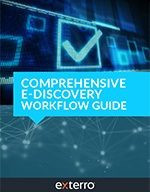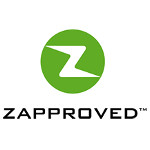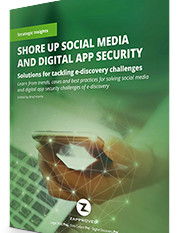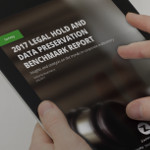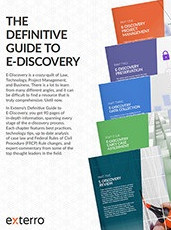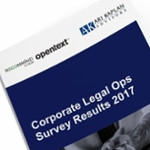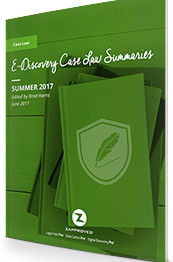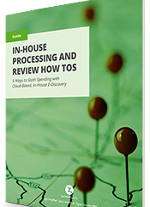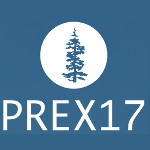The 5th Annual Yerra Conference Europe will be in London on Oct. 11, 2017, at Glaziers Hall.
Yerra says it will be an exclusive event for legal, IP, eDiscovery and compliance professionals, with speakers from UBS, Roche, BT, GSK and more.
2017 AGENDA
09:00 – 09:30 | Breakfast and Registration
09:30 – 09:40 | Welcome Message and Yerra Update
Rajitha Boer, Founder & CEO, Yerra Solutions
09:40 – 10:55 | Keynote Address – When Governance Controls Fail
Michael Woodford, Author, Whistle-blower and former President and CEO of Olympus Corp.
10:55 – 11:15 | Morning Break & Book Signing (Michael Woodford)
11:15 – 12:00 | Establishing an End-to-End In-house eDiscovery Service in a Global Financial Services Institution
Siegrun Heberle, Executive Director, UBS
David Kern, Director, Head Data Processing & Hosting, eDiscovery Technology Service, UBS
12:00 – 12:30 | Panel Discussion on Regulatory Trends
Catherine Contiguglia, London-based Finance Reporter, Politico
Aditya Prakash, Chief Innovation Officer & Head of Client Services, Yerra Solutions
12:30 – 13:30 | Networking Lunch – The Story of London Bridge
Vanessa Harding, Professor of London History, University of London
13:30 – 14:30 | Everything You Always Wanted to Know About High Performing Teams (But Were Afraid to Ask)
Max Huebner, Director Corporate Legal and Tax, PGGM N.V.
Chris Fowler, General Counsel, BT
14:30 – 15:15 | Spend Management Simplified
Karin Bruehlmann,Head of Legal Service Controlling, Roche
15:15 – 15:25 | Afternoon Break
15:25 – 16:10 | Managing Third Party Risk in the Supply Chain
Anthony Kenny, Assistant General Counsel, GlaxoSmithKline
16:10 – 17:10 | Afternoon Keynote – Assessing Risk and Making Better Decisions
Caspar Berry, Professional Poker Player & Risk Expert
17:10 – 17:15 | Closing Discussion & Wrap Up
Jerome Raguin, Global COO, Yerra Solutions
17:15 – 19:30 | Networking Reception & Poker Workshop
Register for the event.
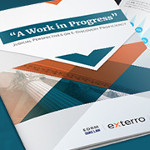 Exterro has published part 1 of the 2018 Judges Report, which provides an in-depth examination of how the bench views these e-discovery issues: attorney proficiency, judicial competency, how to resolve e-discovery mistakes effectively.
Exterro has published part 1 of the 2018 Judges Report, which provides an in-depth examination of how the bench views these e-discovery issues: attorney proficiency, judicial competency, how to resolve e-discovery mistakes effectively.